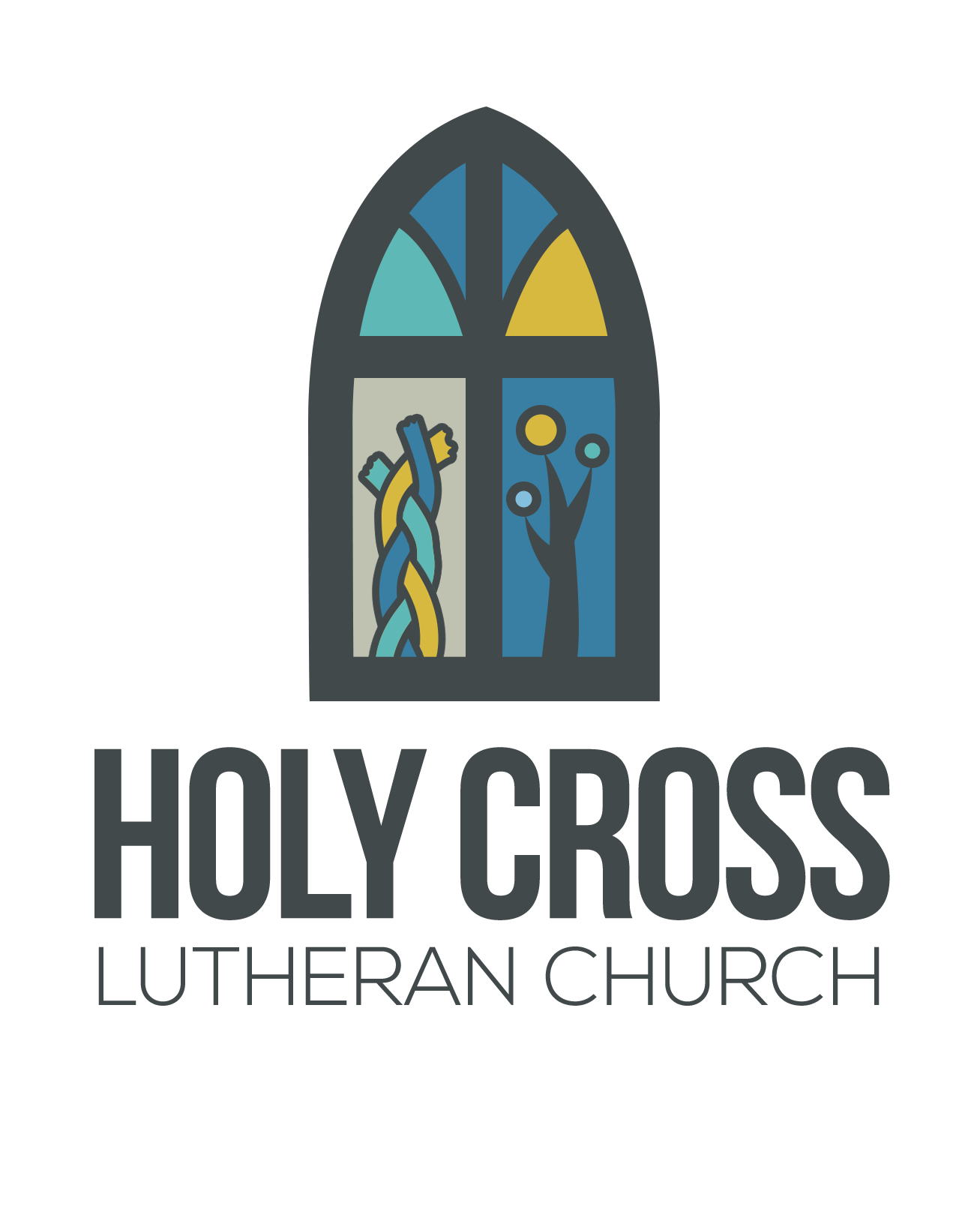Autocorrecting to a heart of service
Autocorrect spell checking has transformed my life. I recall, as I wrote papers in high school and college, having to proof read meticulously for spelling errors and then look up words in a physical dictionary, if they looked suspicious. Now the computer autocorrects each word as I type it. That is quite freeing. It is freeing until the mistake I make actually is another word, or until the spell checker autocorrects it to a similarly spelled word that conveys a meaning I was not expecting to communicate. I recently wrote a letter in which I described my “wrapped attention.” It was only after the recipient called my attention to it that I laughed because gifts are “wrapped;” attention is “rapt.” In another piece of writing I described my family “dissent.” Again it took another person’s rapt attention to my words to notice and raise the question whether I indeed had a disagreeable family, or if, as the context led them to believe, I was actually proud of my “descent.” I made those mistakes typing on a computer; it is worse on my phone when I’m trying to text. Autocorrect has free reign. Um, I mean, free rein.
I suspect we exercise similar free rein over Jesus’ words; I suspect we act like his autocorrect. Not that Jesus makes mistakes in what he says but when what he says doesn’t initially compute for us, we substitute our own ideas that do. That is free rein. Rein, as in the phrase “free rein,” is a horse’s rein. When the rider lets the rein down, so that the rein is free, the animal may go wherever it pleases. At times our ideas wander quite far from what Jesus is actually saying.
Allow me to share just one of these that even the disciples autocorrected. In Mark 10:43 Jesus said, “Whoever would be great among you must be your servant, and whoever would be first among you must be slave of all.” In Mark’s gospel that happens before Holy Week, yet Luke tells us that again during the last supper “A dispute also arose among them, as to which of them was to be regarded as the greatest” (Luke 22:24). Apparently they autocorrected Jesus saying to “figure out who is first among you; so you don’t end up being slave of all.” so on the very night before Jesus, who “came not to be served but to serve,” was about to “give his life as a ransom for many” (Mark 10:45) these disciples were bantering about greatness. They were filled with “dissent” instead of acting like a people of Divine “descent.” That must be what prompted Jesus to take off his outer garment, take up a towel and to start washing their feet. John tells us that when Jesus did this he told them, “What I am doing you do not understand now, but afterward you will understand” (John 13:7).
We shouldn’t be surprised that people today, and even we ourselves, autocorrect Jesus words into something palatable. Instead of Jesus being “the way” (John 14:6) to the Father, how many think of him as just “one way”? Instead of Jesus challenging people to “deny” themselves (Mark 8:34), how many instead “rely” on themselves. Jesus sent each of us who believe to be his “witness” (Luke 24:48), yet how many of us continue to mind our own “business.”
If we want to understand, and help others understand, the real import of Jesus’ words, they have to be put into action. “You also should do just as I have done for you” (John 13:15) Jesus said to his disciples as he finished with the towel and basin. Finally, the disciples were hanging on his words with “rapt” attention. Loving service has a way of bypassing the autocorrect feature in the hearts and minds of people. That’s why Jesus went all the way through the grave in his service for us. How far are we willing to go for others?
In Jesus,
Pastor Mike
